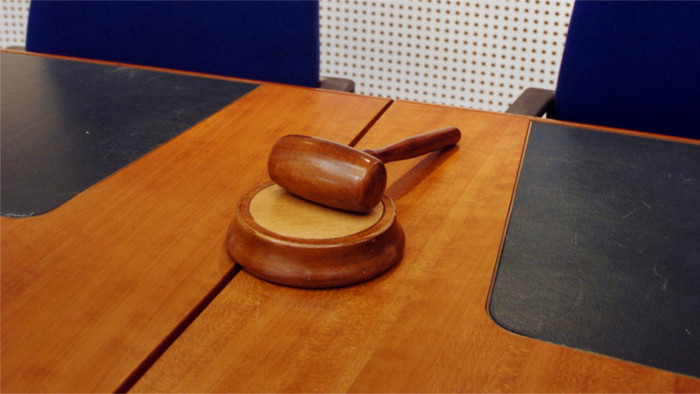Changes in the composition of the Constitutional Court or the Judicial Council, the creation of a Supreme Administrative Court and the reviewing of the property of all judges are some of the measures within the judicial reform, which was approved by members of the National Council on Wednesday. The changes also required an amendment to the Constitution, which the deputies also approved.
Justice Minister Mária Kolíková (For the People) stated on Wednesday that what she considers most important is that the reform allows a new Supreme Administrative Court to be set up and defines the powers of the Judicial Council, including those that concern checks on judges. The Supreme Administrative Court is supposed to serve as the highest judicial level for dealing with administrative justice as well as disciplinary authority over judges, prosecutors, notaries and bailiffs.
The reform will also bring changes to the Constitutional Court. Not only will the method of its decision-making change but also the method of selecting candidates for Constitutional Court judges. The term of office of constitutional judges will also be adjusted in order to ensure that judges are replaced gradually, thereby preventing a single governing party or coalition from filling the court with its own nominees.
President Zuzana Čaputová welcomes the judicial reform approved by Parliament on Wednesday, as she considers it to be one of the most important projects of both Justice Minister and the entire Government. Via Iuris, a judicial watchdog group, thinks that the reform can contribute significantly to legal certainty and efficiency in the way justice is dispensed. Supreme Court chair Ján Šikuta is confident that the approved judicial reform can contribute towards strengthening justice and legal certainty in Slovakia.
Opposition Smer-SD plans to challenge the constitutional and judicial reform.

